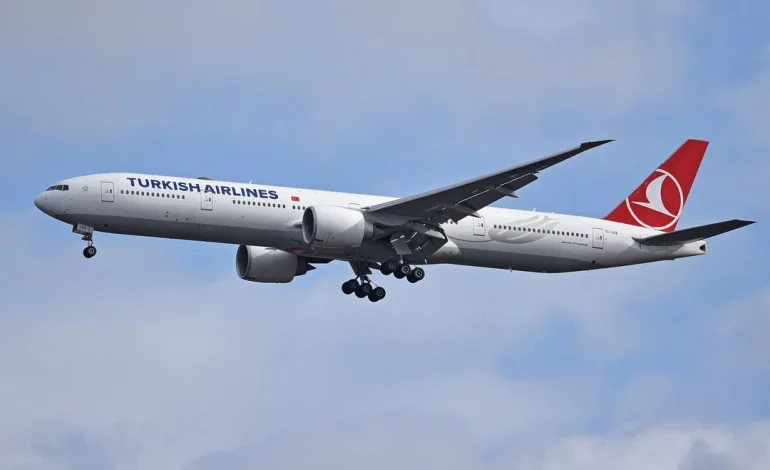Turkey’s flag carrier, Turkish Airlines, just announced plans to start flights to Yerevan. On its own, that might sound like a routine business move. But in the South Caucasus, where every decision carries layers of history, symbolism, and politics, a new flight path is never just a flight path.
This isn’t just about cheaper tickets for diaspora Armenians connecting through Istanbul on their way to Los Angeles. It’s about the long, delicate, stop-and-go process of normalizing ties between Armenia and Turkey — two neighbors that don’t share diplomatic relations, haven’t had an open border in decades, and carry the weight of deep historical trauma.
Add Azerbaijan into the mix, Turkey’s closest ally and Armenia’s bitter rival, and the story gets more complicated.
The timing of THY’s announcement isn’t random. Armenia and Turkey have been holding rounds of cautious dialogue, while the US is trying to shepherd Armenia and Azerbaijan toward a peace deal after years of war and flare-ups. Ankara has made it clear: its normalization with Yerevan will track with progress in the Armenian–Azerbaijani file.
And then there’s infrastructure. Turkey has already started building a new railway to connect with a corridor linking Azerbaijan to its Nakhchivan exclave through Armenian territory. That route — rebranded from Baku’s “Zangezur Corridor” to Washington’s “Trump Route for International Peace and Prosperity” — is still one of the most sensitive parts of the peace puzzle. For Armenia, the fear is that “transit” could start to look like “sovereignty loss” if the wrong terms are baked into the deal.
For Armenians, the stakes are enormous. On one hand, more flights, trade routes, and connections could break decades of isolation, giving the landlocked country faster access to Europe and a much-needed economic boost. On the other hand, every concession is scrutinized for whether it chips away at national identity or autonomy — from removing Mount Ararat from border stamps to allowing foreign corridors to slice across southern Armenia.
The risk is clear: without strong safeguards, what begins as “connectivity” could tilt into leverage for Ankara and Baku, leaving Yerevan dependent on neighbors that haven’t always respected its security or sovereignty.
This is where the US comes in. Washington recently scored a diplomatic win by brokering a fragile Armenia–Azerbaijan agreement. But if it stops there, it risks letting Turkey and Azerbaijan shape the next chapter in ways that leave Armenia cornered.
The US has tools: it can press for transparent terms on transport links, back Armenia’s right to control its own borders, and use its leverage in NATO and regional development to ensure that “peace” doesn’t mean one-sided dependency.
A Turkish Airlines flight to Yerevan may seem like a simple step toward normal life in a region exhausted by conflict. But it’s also a test. How far can Armenia open up to its neighbors without compromising sovereignty? And will Washington stay engaged enough to make sure that normalization doesn’t turn into a new form of pressure?
Because in the South Caucasus, even a boarding pass is political.










The latest news in your social feeds
Subscribe to our social media platforms to stay tuned